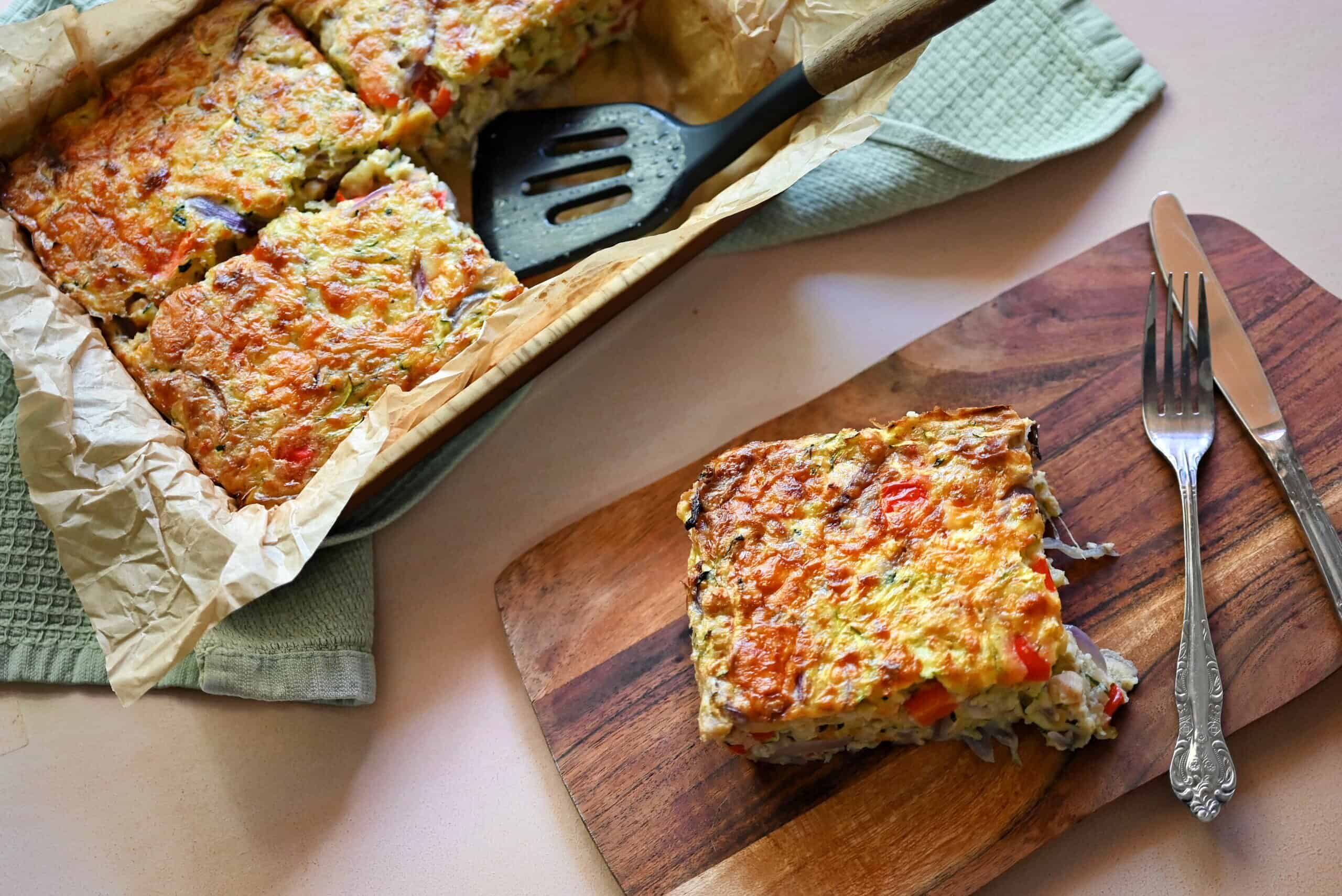Menopause and weight gain: How to overcome it
Menopause is often associated with changes in body composition, including weight gain, loss of lean mass and the accumulation of visceral fat (otherwise known as belly fat).1 Studies show a general weight gain occurs during and after menopause due to a slowing of the metabolism when oestrogen levels decrease, which in turn can lead to an increased risk of cardiovascular issues, type 2 diabetes, and metabolic syndrome.2 3
Although changes in the body are normal at this time in life, it’s important to be mindful of limiting unhealthy weight gain and your risk of developing associated chronic illnesses.
The Fast 800 Programme is a personal trainer, a nutritionist, a support network and more to help you lose weight and keep it off. Learn more and get started today with a 7-day free trial.
Get started today
Here are a few tips to try if you want to limit weight gain during menopause:
Reduce your calories and up your protein:
You may need around 200 fewer calories in your 50s than you did in your 30s to maintain a healthy weight during menopause. That said, to avoid losing muscle mass while taking fewer calories, make sure you prioritise consuming 60g protein every day, which will also help your body’s rest and repair processes as it progresses through menopause. The Fast 800 Programme houses hundreds of delicious low-calorie, high-protein recipes and has tools to ensure you’re eating enough daily protein. All plans follow the principles of a Mediterranean-style diet which is naturally low calorie and high in beneficial protein.
Plan your meals:
Planning your weekly meals, or finding a meal plan that works for you, is an ideal way of ensuring you’re eating enough essential protein, fibre and healthy fats to keep your rest and repair at an optimum, and to help limit overeating or snacking. Meal planning when trying a new healthy lifestyle can feel overwhelming so finding a plan that works for you can be crucial to your success. Our Programme has several plans catering to different dietary needs and eating patterns, all you need to do is find out which works best for you and let us take care of the rest, complete with easy recipes to follow and weekly shopping lists set up for you!
Find a support group:
The risk of depression is two to five times greater during menopause, and seeking support can really help limit low mood, which is a key contributor to weight gain. Find motivation during your health journey through others who are going through the same stage of life, like on our dedicated menopause focus group in the Community section of our Programme. Whether you find support from friends, family or communities like ours, there’s no need to feel alone at this time.
Although slight weight gain naturally occurs during menopause, it doesn’t need to tip over into health-risk territory. Making some simple changes to your diet and routine can make all the difference. Try the Programme today and sign up for your 7-day free trial to join the hundreds who are just like you, making steps towards a better future.
Greendale GA, Sternfeld B, Huang M, Han W, Karvonen-Gutierrez C, Ruppert K, Cauley JA, Finkelstein JS, Jiang SF, Karlamangla AS. Changes in body composition and weight during the menopause transition. JCI Insight. 2019 Mar 7;4(5):e124865. doi: 10.1172/jci.insight.124865. PMID: 30843880; PMCID: PMC6483504.
Guthrie JR, Dennerstein L, Dudley EC. Weight gain and the menopause: a 5-year prospective study. Climacteric. 1999 Sep;2(3):205-11. doi: 10.3109/13697139909038063. PMID: 11910598.
Lizcano F, Guzmán G. Estrogen Deficiency and the Origin of Obesity during Menopause. Biomed Res Int. 2014;2014:757461. doi: 10.1155/2014/757461. Epub 2014 Mar 6. PMID: 24734243; PMCID: PMC3964739.









